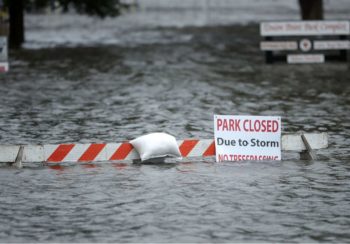 Six European nations have called for government subsidies to be extended to coal-fired plants in capacity mechanisms beyond 2030, according to a working paper published earlier this month.
Six European nations have called for government subsidies to be extended to coal-fired plants in capacity mechanisms beyond 2030, according to a working paper published earlier this month.
France, Poland, Ireland, the UK, Greece, and Hungary demanded a “suitable and realistic transition period for existing installations that do not yet meet the emission[s] criteria”, they added in the paper published on NGO Climate Action Network’s (CAN) website. —Montel, 14 September 2018
Germany may have set laudable goals for its ambitious “Energiewende”—or shift to a low-carbon economy—but it is still struggling to free itself from fossil fuels, in particular, electricity generated from coal’s dirtier cousin lignite. In the latest demonstration of this struggle, an ancient forest is about to be razed in order to expand what is already Europe’s largest opencast mine. —Quartz, 13 September 2018
In 1997, Japan was at the forefront of climate action. The birthplace of the Kyoto Protocol, an international agreement committing countries to limit greenhouse gas emissions, the country came to be synonymous with cutting carbon. Fast-forward 21 years and Japan has struggled to make significant progress on reducing its own emissions. The country seems hooked on coal. The share of coal in the electricity mix actually increased from 10% in 1990 to 31% in 2015. With ambitions to build around 40 new coal-fired power plants, on top of some 100 existing ones, it’s not surprising that fossil fuels still dominate energy plans. —Michiyo Morisawa, Nikkei Asian Review, 14 September 2018
The planned new power plant, called the “Power China International Energy Project”, won’t produce electricity for South African households and business – it will only be used for a massive new Chinese-controlled industrial park. —Business Insider South Africa, 11 September 2018

















German politicians think they can control the earths temperature by tweaking a trace gas . Another delusion .
German politicians think they can control the earths temperature by tweeking a trace gas . Another delusion .
What a surprise that Germany and Japan are struggling to reduce their CO2 emissions. They both have decided to shut down their nuclear plants which were able to generate significant electricity in a very small area. Instead they have tried to go to what is euphemistically called renewable energy (better term would be intermittent energy) that is very low density energy source.